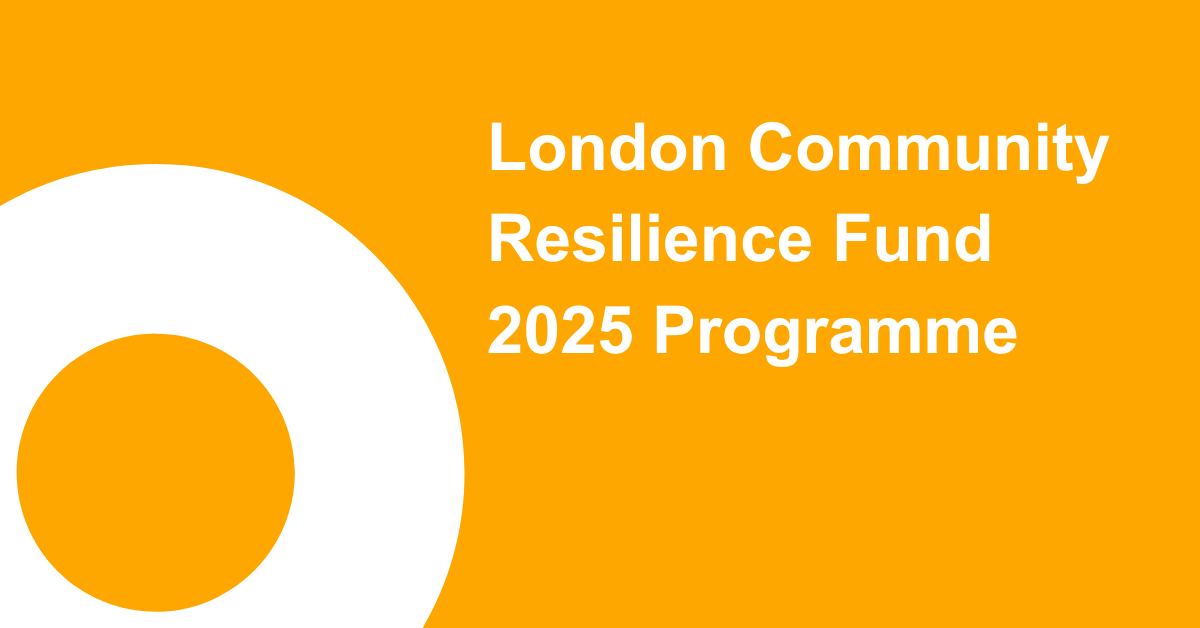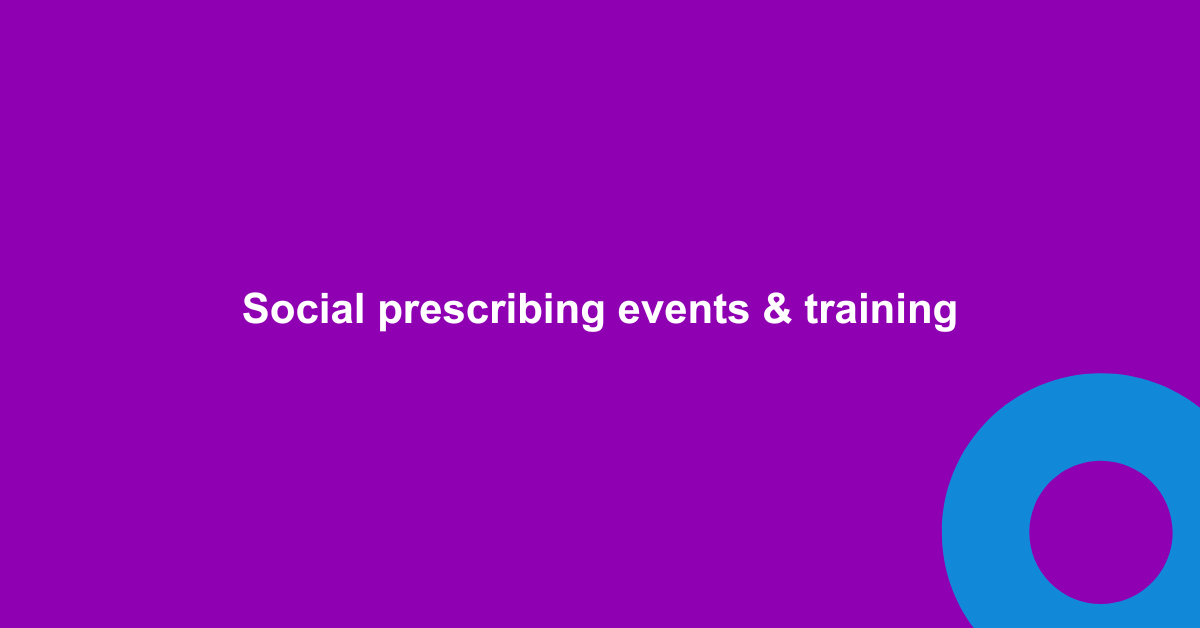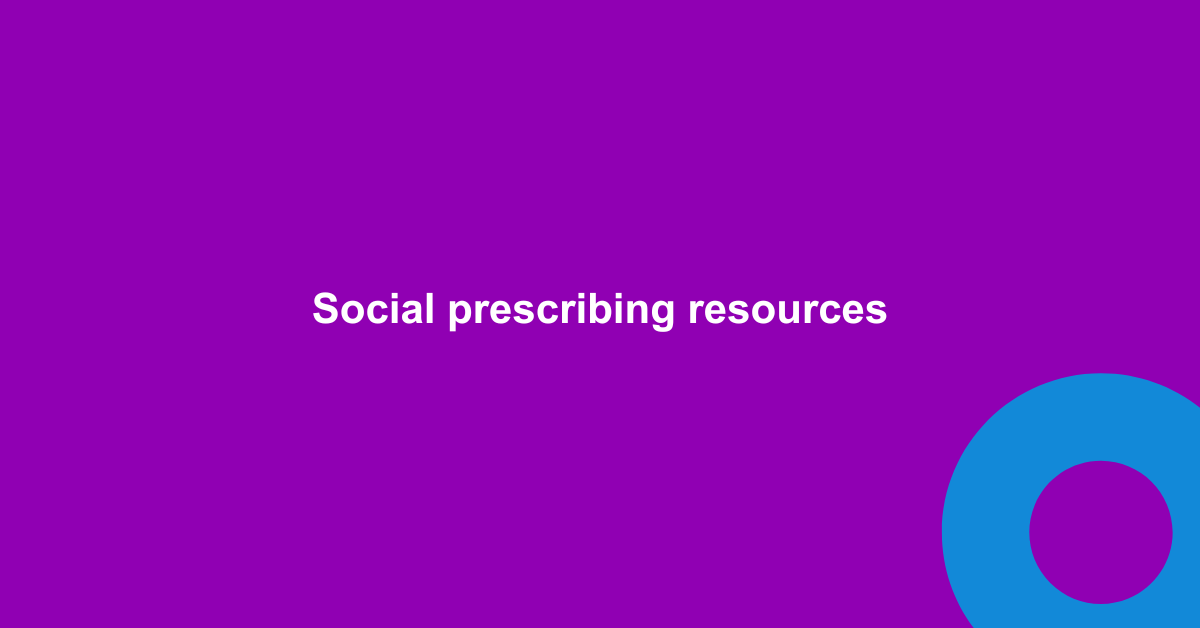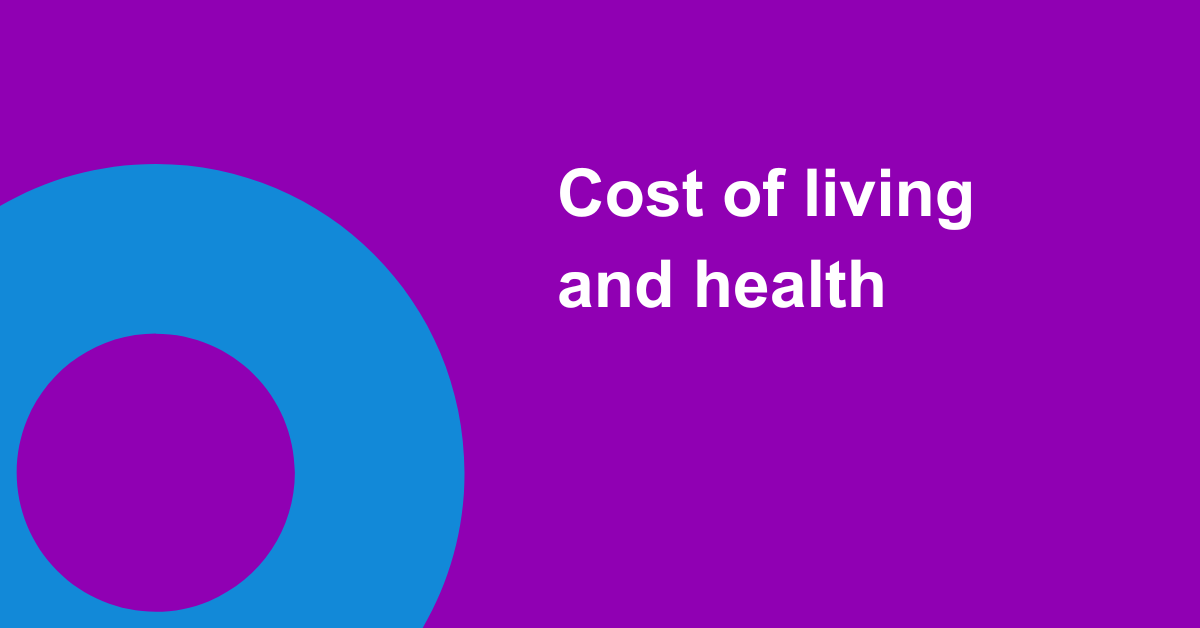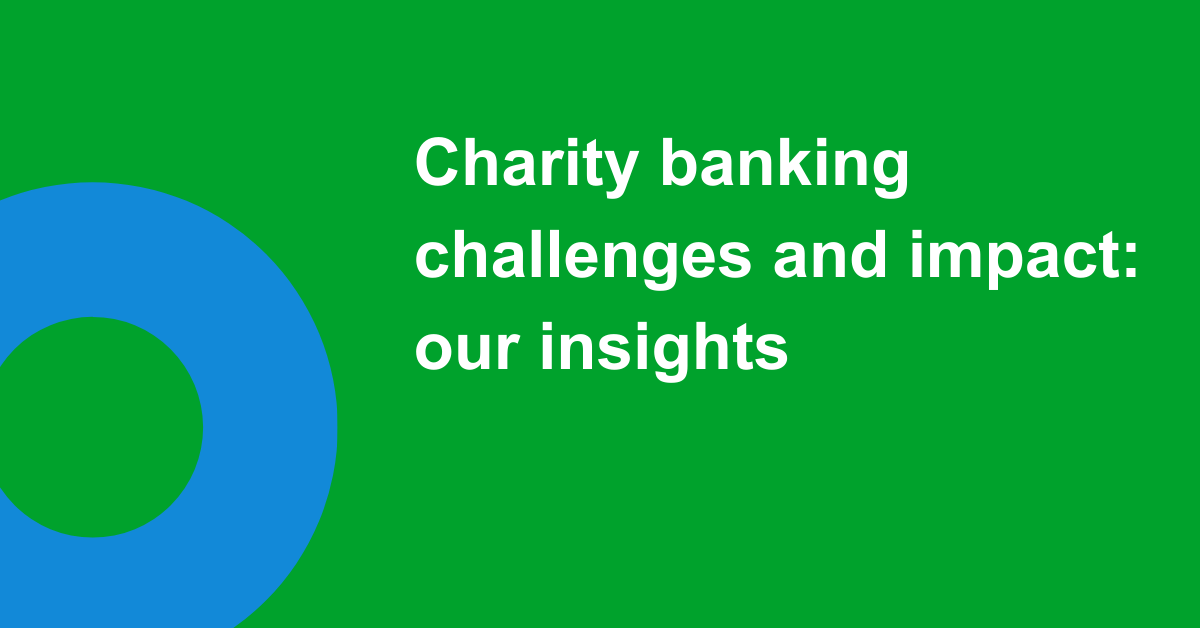By Jake Puddle
This blog was written following the launch of a new briefing, After the Riots, to consider the role of policymakers in responding to the racist disorder seen this summer, and the need to connect government resources with local expertise on tackling hate and fostering cohesion.
Outbursts of racist disorder over this summer have shone a spotlight on the urgent need to tackle hate crime and its deeper causes. In the wake of the violence, it is now crucial that communities and civil society play a prominent role in the government’s response.
Britain saw its worst outbreak of riots in a decade over this summer, with far-right unrest in more than 35 towns and cities. London did not experience the same levels of violence as other areas. Two large demonstrations by Tommy Robinson’s supporters did not escalate into the anarchy that took over in Southport and Tamworth; while concerns about a far-right march in Walthamstow were averted, aided by a show of solidarity from thousands of counter-protestors. Nonetheless, the fears over safety across the capital among ethnic minority communities were tangible. Families asked their children to stay inside. Colleagues worked from home, anxiously checking news feeds as potential targets for far-right demonstrations circulated.
This community impact and its legacy in London highlights how our response to the riots must be treated as an ‘everywhere’ issue. It is not enough simply to focus on the specific sites of racist unrest.
A nationwide government strategy should seek to tackle prejudice at its root and build a society in which everyone can feel they belong. Our recent ‘After the Riots’ report by British Future, Belong and the Together Coalition explores some of the foundations needed to get this right. It calls for a series of new policies as part of a new community cohesion strategy.
Building consensus and awareness for tackling hate crime
In diverse, modern Britain, we need clear boundaries on hate speech that protect all of us, whatever our background.
A polarised political debate on asylum has seen escalating, dehumanising rhetoric about people seeking asylum, describing them as ‘invaders’ or ‘men of fighting age’. Such labels increase threat perceptions that can steer people toward violent ideologies.
There is a need to ensure anti-prejudice norms are upheld and extended to include the newest arrivals as consistently as with every other section of our communities.
Along with people seeking asylum, Muslims also faced targeted violence across the country, with a surge in online hatred. New research for Hope Not Hate also finds that anti-Muslim prejudice has wider reach across society than most other forms of racism.
It is time the government adopted a clear definition of anti-Muslim prejudice, inviting faith and civil society organisations to take part in open conversations about the definition and why it is important. Doing so can form part of wider efforts to strengthen awareness online, in communities and across our national politics, of what crosses the boundary.
Engage different audiences with different strategies
Calling out hatred is crucial; but it will require different strategies with different people.
Victims of prejudice need solidarity and support to report and prosecute hate crimes. Yet strategies for hate crime cannot begin and end with offering new channels to report incidents. They need to engage broader society to stand against hate where they see it, to isolate and report the perpetrators.
85% of the public opposed this summer’s unrest; but this still left 7% who showed tacit support and 2% who strongly endorsed the riots. The government should aim to mobilise that broad 85% across the country – who felt more represented by the clean-ups and counter-protests than the unrest – to oppose and challenge hateful ideology and content.
Policing, prosecution and deradicalisation efforts are important for those who act on their prejudices. Yet community dialogue, anti-misinformation campaigns and opportunities for social connection can also help to reach and bring onside those 7% of fence-sitters that are the ‘swing voters’ for the far-right, helping further reduce the moral oxygen for racism.
Hold a national conversation, founded on local experiences and insight
A national response to the riots must look beyond the symptoms of social division to address the conditions that enabled hatred and polarisation to grow. This should be shaped by a wide-reaching national conversation to explore the changes we need to become a more cohesive society.
This deeper work will need government leadership. There has never been a proper social cohesion strategy in England, despite four substantial policy reviews over the past 25 years. Yet equally, getting it right will require listening closely to the experiences and insights of the public and civil society.
A national consultation could crowdsource public ideas, and ensure the communities targeted by the summers’ unrest are heard and their fears acknowledged. It should also draw on the expertise of the voluntary sector, so that policy builds from and nurtures the powerful existing work being done at a local level to bring diverse towns and cities together, enabling the social contact that research has shown to help build trust and break down prejudice.
Keir Starmer offered a clear message to the rioters at this year’s Labour Conference speech that ‘we reject you’, calling for a culture of ‘respect for difference under the same flag’. Turning this rhetoric into reality will take long-term, proactive work, joining national and local efforts to build from community-based expertise. As Labour sets out its vision for national renewal, new efforts that lay the foundations for safe and thriving communities will be central to averting future unrest.
***
British Future is an independent, non-partisan thinktank engaging people’s hope and fears about integration and immigration, identity and race. Our long-term aim is a country where we are no longer ‘Them and Us’ but rather a confident and welcoming Britain, inclusive and fair to all.


